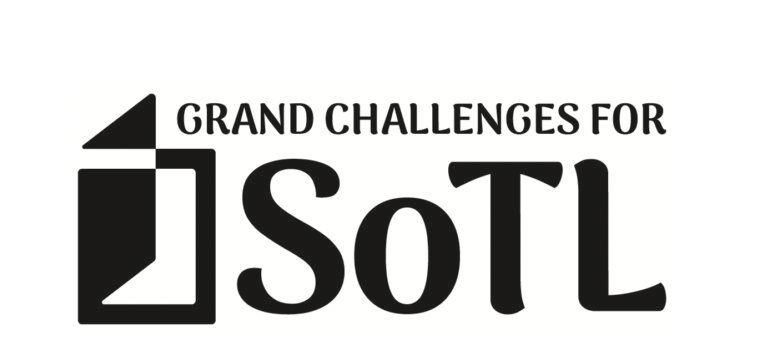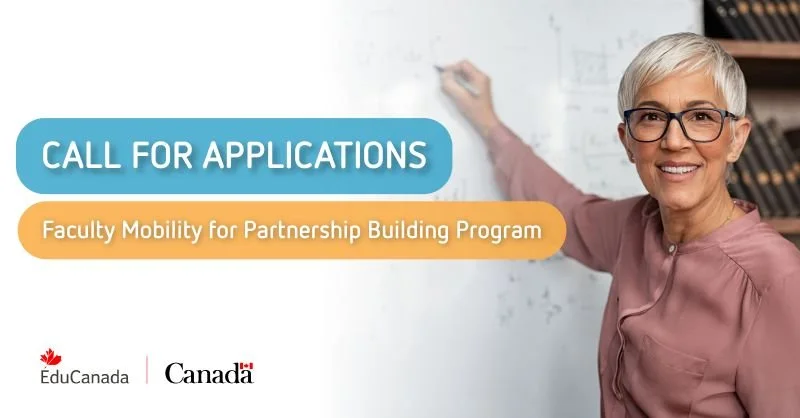Eight Steps to Study Effectively
The following steps are strategies for effectively studying for exams. They involve selecting key course information, ensuring that you are aware of possible topics for the exam, that you are establishing an environment conducive to studying effectively, and that you are developing strategies to manage your time and energy.
Complete all necessary or central course readings and compile all of your notes from various sources (such as lecture, tutorials, texts, past assignments and tests etc.) as they are relevant to your upcoming exam.
Review past assignments and tests for topics, question types, and feedback and re-read the syllabus for the course focus and description. Often past assignments highlight key course concepts and offer example questions which you can use to test yourself. With the help of the course syllabus, determine your learning objectives and the course focus. An example of a learning objective is "Students should be able to apply the theories discussed in the course to relevant real life situations."
Ensure that you know the format, location, date, time, focus, and weighting of each test or exam to help determine your emphasis for each course. Know what percentage of the final course grade is accounted for by this exam.
Set a realistic goal for the exam and determine a daily amount of time to study each course. Write it down along with all the steps of preparing in a calendar or planner.
Decide how to balance "study" and "regular course work" during this preparation period. Loosen, cancel, postpone, or decrease other commitments to leave more time for study and proper rest and relaxation and prepare a place to study away from distractions like TV, other people, email, etc.
Locate as many study aids, such as course notes in the library, past exams, or study guides, as possible. You might approach the Prof. or TA to see if they are interested in helping develop practice exam questions or you might develop a study group to build-in interaction around the course material. It should be obvious that collecting these study aids without using them to practice recalling your material is of limited value.
Determine what the major sections, concepts, ideas, and issues of the course are. What do you need to know for each one? From your experience with course reading and lectures, what portions of the course have been given special emphasis? Why? In what ways has the instructor modeled the process of thinking associated with this course or discipline? What questions might help you to understand and recall and relate the elements of your course? It is important to note that the way in which the course is organized relates directly to "what's important" and to how you will likely be tested on this material.
Ask: When is the soonest I can begin to study? In general, settling down to study and selecting information central to the test or exam should be a straightforward task.
Try to start early and remember that you are learning how to direct your efforts strategically to produce a more effective set of skills. A word of warning: many students place efficiency above effectiveness when it comes to studying. They expect to learn effectively even though they cut out important steps in understanding and storing their course knowledge. There is little point in being efficient if you aren't getting the results you want; as you continue to use your newly developing strategies, you will find ways to streamline your approach and what works best for you.





























